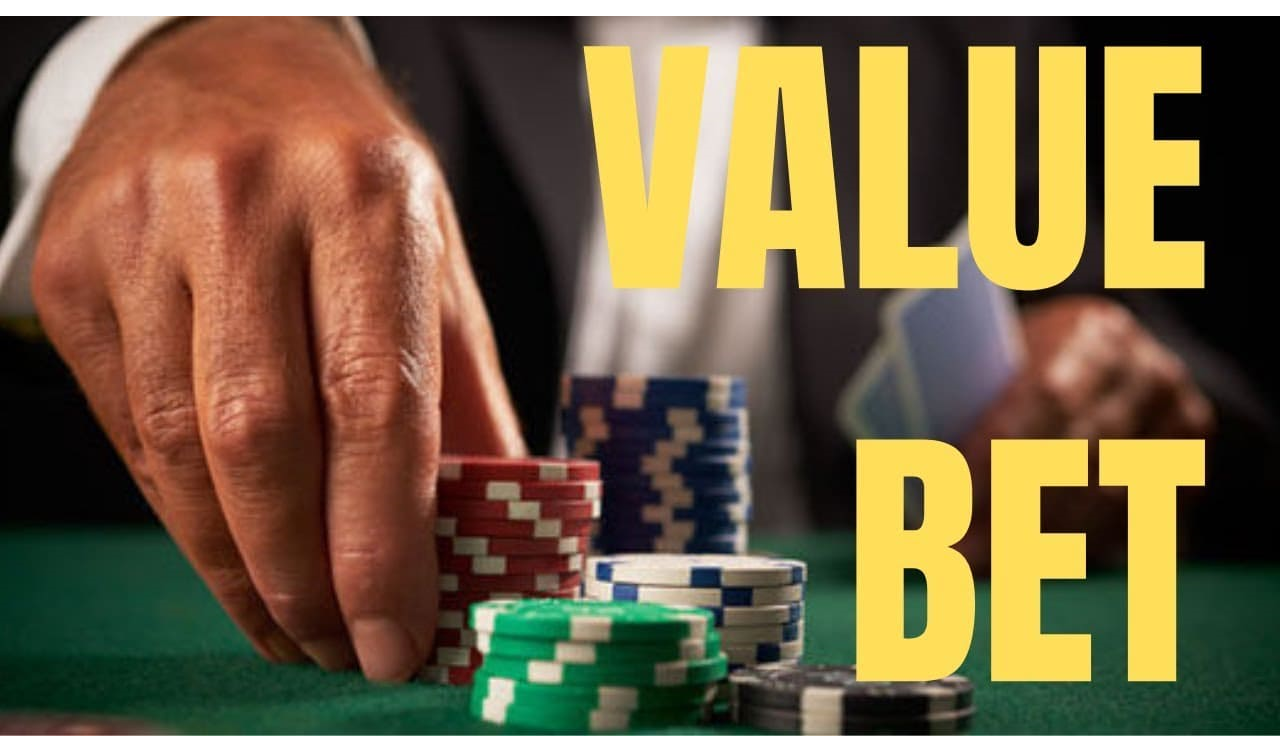When you play poker, just having a good hand is not enough. If you bet too much, you will scare off other opponents, which will negate your advantage of a good hand. If you bet too little, you’re not going to make much money, which isn’t really a good thing either. If you have a good hand, you also need to understand the ins and outs of value bets or need to calculate the correct bet size and know when to bet and when to hold.
This is how players get the most money from opponents and can put more in their own pockets. With that said, here are the details on what is a value bet in poker and how you can use it as an effective winning strategy.
What is Value Bet Exactly?
As the name suggests, a value bet is about value. The point of a value bet is to increase the pot and extract value from your opponent. In addition, a value bet is a bet in which you bet with the better hand and are called by a worse hand. So two things are necessary for a value bet: The opponent has a worse hand. And the opponent pays off the player with that worse hand. With value bets, you get money for your strong hands. Aggressive betting is very important here, especially against passive players.
For example, the opponent has a call threshold of $25. If you place a value bet of $20, you lose $5 and thus 10 percent. But if you bet $30, your opponent folds and you lose $20. As mentioned, money not won is always money lost. If you often value bets too high, you make a mistake that you should avoid even if you win the pot.
Factors To Consider for a Value Bet
One factor is the opponent’s hand. The stronger his hand, the more likely he is to call a big bet, thinking he has the advantage. It is also important to how strong the opponent assesses his hand. If he thinks the other player has the nuts, he won’t put another chip in the middle. But if he has little doubt, he can be lured into the pot with good odds. Opponents who are unable to fold a good hand are of course ideal for value bets. Such players pay with a pocket pair, for example, even though they actually know that they have already lost. These players are ideal targets for getting value into the pot. The opposite is then very anxious players who are often not willing to invest chips in the pot even with a good hand.
Another factor is the so-called call thresholds. Many players have such a threshold and are unwilling to call more than a certain amount of chips. Some players have an absolute number in mind as their threshold, for others, the threshold depends on their stack size. Only very few players pay more than half of the stack. Anyone who has internalized these factors can decide in any situation whether their value bet should be rather large or rather small. It is then much more difficult to find the optimal bet size for a value bet. If you keep placing small value bets, you will have a handsome sum at the end of the month. But if he regularly overdoes it, he loses a lot of money, because money not won is also money lost.

